Vasilis Politis0415251478, 9780415251471
Table of contents :
Book Cover……Page 1
Half-Title……Page 2
Title……Page 4
Copyright……Page 5
Contents……Page 6
Acknowledgements……Page 11
1 What is the Metaphysics about? The question, ‘What is being?’……Page 12
2 Sources of the question, ‘What is being?’……Page 15
3 A central distinction in the Metaphysics: Being in general versus primary being (prote ousia)……Page 20
4 Three candidates for primary being: The particular; the universal; and the essence……Page 23
5 Does Aristotle assume essentialism in the Metaphysics?……Page 27
6 The structure and unity of the Metaphysics……Page 30
7 About this companion to the Metaphysics……Page 32
1 Metaphysics as the science of the ultimate explanations and principles of all things……Page 34
2 How explanatory knowledge differs from sense perception and experience……Page 42
Alternative interpretation……Page 48
i The search for explanations and what it is based on……Page 49
ii The nature and requirements of explanations……Page 53
iii The relation of metaphysics to the other sciences……Page 59
i A summary of the theory……Page 61
ii Aristotle’s conception of matter as potentiality……Page 66
iii Aristotle’s review of his predecessors regarding the four basic causes……Page 72
1 Aristotle’s method of searching in metaphysics The method based on aporiai……Page 75
2 The source of the aporiai in metaphysics……Page 86
3 The list of aporiai and how they structure the Metaphysics……Page 90
Second Aporia (996b26–997a15)……Page 94
Fifth Aporia (997a34–998a19)……Page 95
Sixth Aporia (998a20–b13)……Page 96
Ninth Aporia (999b24–1000a4)……Page 97
Eleventh Aporia (1001a 4–b25)……Page 98
Fourteenth Aporia (1002b32–1003a5)……Page 99
Fifteenth Aporia (1003a5–17)……Page 100
1 Metaphysics as the science of being qua being……Page 101
2 The problem of how there can be a science of being qua being; and the solution in terms of the distinction between primary being and non-primary being……Page 105
Alternative interpretation……Page 113
3 How Aristotle introduces the distinction between primary being and non-primary being……Page 114
4 Primary being as the ultimate subject of predication: the theory of the Categories……Page 120
The theory of primary being in Aristotle’s earlier work: the Categories……Page 121
A central problem with Aristotle’s theory of the Categories……Page 128
5 Is metaphysics about all things, about primary being, or about God?……Page 129
1 Aristotle’s characterization of the principle of non-contradiction (PNC)……Page 133
2 Aristotle’s overall aim in considering PNC……Page 137
3 Why PNC cannot itself be demonstrated……Page 139
4 Aristotle’s conception of PNC as a metaphysical principle……Page 143
5 Is PNC transcendental, i.e. is it true of things because it is true of thought?……Page 146
6 How can one deny PNC?……Page 149
7 The consequences of denying PNC: It is impossible to think and speak about things……Page 157
8 The defence of PNC and the defence of the view that things have an essence……Page 161
9 Does Aristotle succeed in showing that there are no true contradictions?……Page 164
1 How phenomenalism and relativism present a challenge to Aristotle’s defence of the principle of non-contradiction conceived as a metaphysical principle……Page 168
2 The characterization of phenomenalism and relativism……Page 173
3 The aim of considering phenomenalism and relativism……Page 177
i General……Page 180
ii Tracing the source of phenomenalism and of the denial of PNC……Page 183
iii A central consequence of phenomenalism and the denial of PNC: relativism……Page 190
5 How far does Aristotle succeed in defending PNC conceived as a metaphysical principle?……Page 194
1 The question at the centre of the Metaphysics: ‘What is primary being?’ (prote ousia, often simply ousia) (VII. 1-2)……Page 201
First suggestion……Page 206
Second suggestion……Page 207
3 Three main candidates for primary being: the ultimate subject of predication; the universals; and the essence (VII. 3)……Page 209
4 Primary being and separation (ontological independence) (VII. 1)……Page 211
i A summary of Aristotle’s account of primary being……Page 216
ii Primary being is not simply the ultimate subject of predication (VII. 3)……Page 220
iii What in general is the essence of each thing, and what things have an essence? (VII. 4–5)……Page 226
iv Primary being with regard to each thing is the essence of that thing (VII. 1, 6 and 17)……Page 230
v Primary being with regard to each thing is both (1) the essence of that thing and (2) the ultimate subject of predication with regard to that thing (VII. 6)……Page 234
Alternative interpretation……Page 241
vi Primary being is changeless being (VII. 7–9)……Page 243
vii Primary being with regard to each changing thing is its essence and its form (VII. 10–12)……Page 250
viii No universal is a primary being (VII. 13–16)……Page 254
Alternative interpretation……Page 259
ix Is the essence and the form of each particular thing a universal, a particular, or both?……Page 264
x Primary being and the primary object of knowledge……Page 267
1 The project of book XII and its place in the Metaphysics……Page 271
2 Changing, changeless and transcendent things……Page 276
3 The ultimate cause of change, and the outermost heaven……Page 280
4 The argument for the everlasting, uniform and circular motion of the outermost heaven……Page 283
5 The argument for the ultimate cause of change……Page 286
6 The causation distinctive of the ultimate cause of change……Page 289
7 The ultimate cause of change as the object of thought and desire of the cosmos……Page 293
8 The activity of the ultimate cause of change: thinking……Page 295
9 The ultimate cause of change, and the rational order of the cosmos……Page 303
10 Why transcendence?……Page 305
11 Is Aristotle’s God relevant to the basic question of metaphysics: ‘What is it for something, anything, to be?’?……Page 306
1 Plato’s and Aristotle’s shared project: the theory of essence……Page 309
2 Central differences between Plato’s and Aristotle’s theories of essence……Page 317
3 Aristotle’s diagnosis of the source of Plato’s theory of essences as separate forms……Page 321
4 The issue of separation, and different types of separation……Page 327
5 Aristotle’s criticism, based on his own theory of essence……Page 332
6 Aristotle’s criticism, based on Plato’s theory of essence: the third-man argument……Page 337
7 Aristotle’s criticism of Plato’s separate forms, and his own separate God……Page 343
Conclusion……Page 345
On Chapter 4……Page 347
On Chapter 9……Page 348
Other……Page 349
Index……Page 355
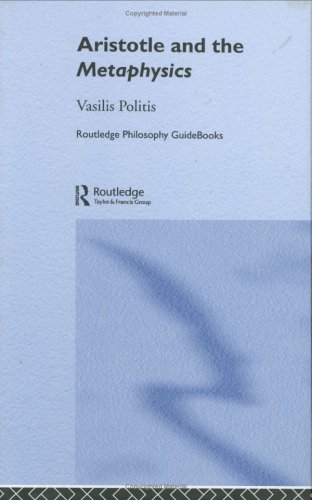
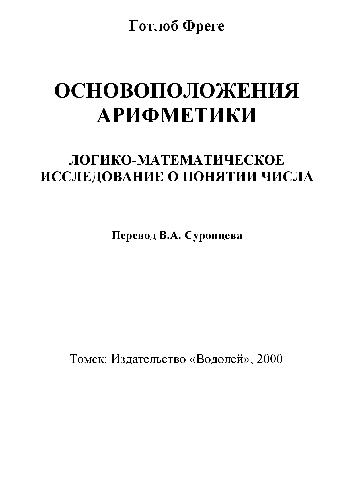
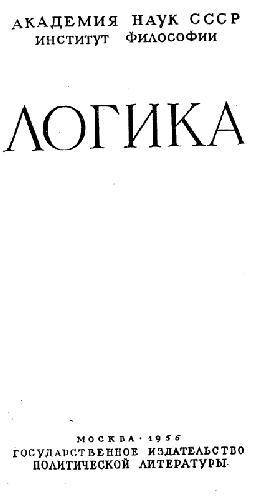
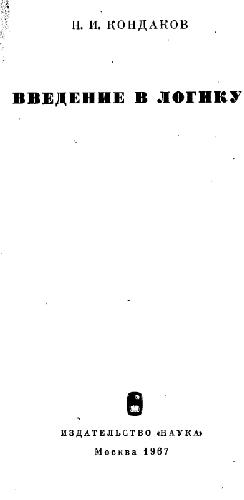
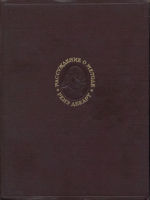

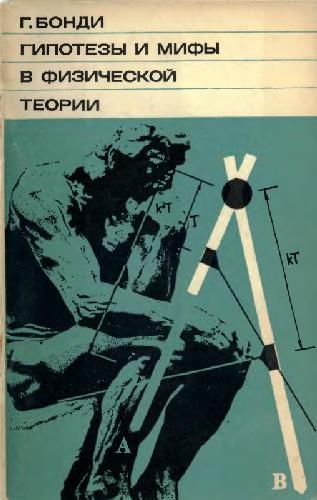
Reviews
There are no reviews yet.